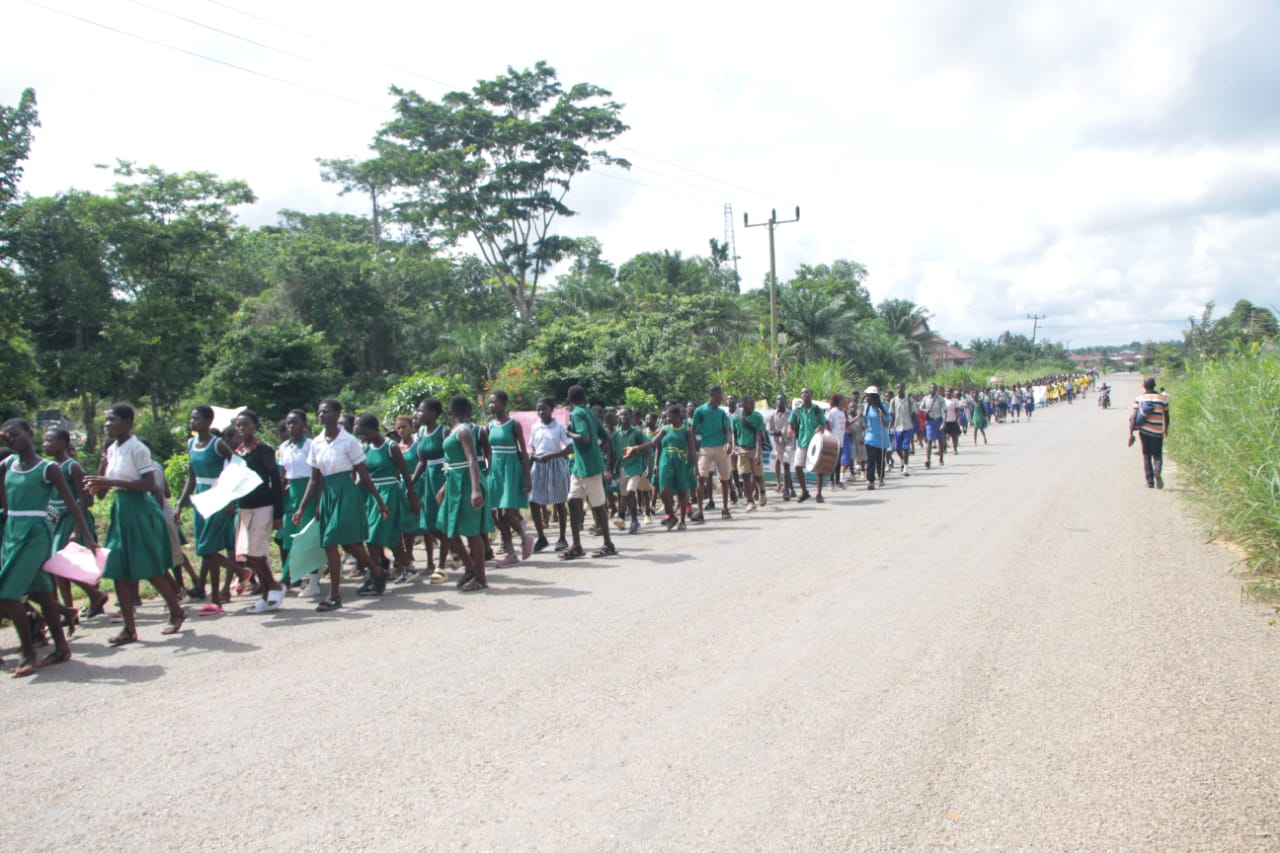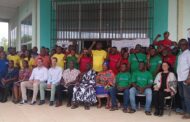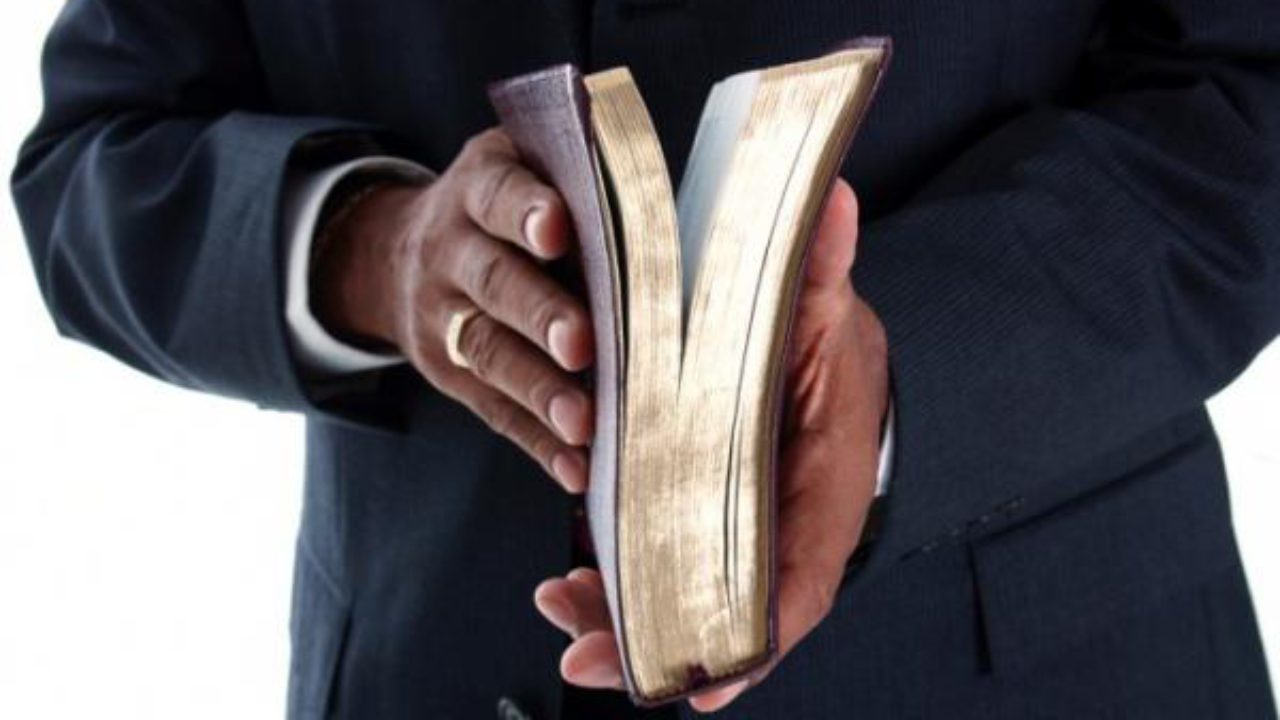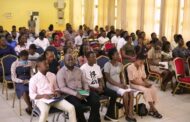An NGO, Ark Development Organization in partnership with UNICEF ,as part of the implemention of a project dubbed “Safe and Protective Environment for Adolescent Development (SPREAD)” in Akyemansa District in Eastern region to reduce the alarming rate of teenage pregnancy, has supported rural teenage girls in the area to march through the streets to raise concern over rising cost of sanitary pads in the country.
The teenage girls and the NGO presented a petition to the government through the District Chief Executive for Akyemansa for the 20 percent luxury tax on Sanitary pads be scrapped or reduced by the end of December this year.
Period poverty is high among young girls in Akyemansa District as parents predominantly peasant farmers are unable to afford the monthly expenses for sanitary pads for their teenage girls.
Whereas few of the girls labour in farms for money to buy the pads ,others depend on men particularly Okada riders to trade sex for pads leading to high cases of teenage pregnancy in the area.
Akyemansa district recorded the highest teenage pregnancy cases in 2021 but dropped to second position in 2022.
Executive Director of Ark Development Organization Emmanuel Kwarfo Mintah said increasing taxes on sanitary pads will worsen period poverty and force many rural girls into dating men for pads and will be vulnerable to rape and defilement.
Akyemansa District Director of Education Akua Ayisi is worried how young girls are trading sex for pads leading to teenage pregnancy another young girls in schools.
Below is the full petition
A PETITION TO THE DISTRICT CHIEF EXECUTIVE – AKYEMANSA DISTRICT
A COLLECTIVE VOICE TO SCRAP THE 20% LUXURY TAX ON MENSTRUAL PRODUCTS
Today, Ark Development Organization joins the thousands of CSOs in Ghana to advocate for the removal of
taxes on menstrual products. While government representatives has spoken in favour of removing the tax,
it remains and currently stands at 12.5% VAT, and 20% for import tax. Ghana’s latest population census
shows that women are 51% of the population, so there is a real opportunity to address gender equality!
Menstruation is an entirely normal and healthy physical function. Yet for thousands of years, women and
girls* have been excluded, stigmatized and disempowered just because they menstruate. Period taboos and stigma still persist today, causing severe negative consequences on women and girls’ health, education, income earning opportunities and on gender equality overall.
Under the current implementation of the SPREAD Project in the Akyemansa District; some issues on grounds
(especially in our schools) were that girls were absenting themselves from school because they can’t afford
sanitary pads during that time of the month. The major problem had to do with the high cost of these
menstrual products which is as a result of the high taxes placed on them. Here, we ask ourselves; How can
a natural cause of menstruation be regarded as a luxury?
We, at Ark Development Organization is petitioning the Government of Ghana through the DCE to reduce
or scrap the 20% luxury tax on menstrual products for the following reasons:
- Menstruation is not a luxury but a basic natural occurrence ascribed to females within the natural age
that permits the process. - The luxury tax on menstrual products exists in spite of a 12.5% Value Added Tax.
- The current economic state of Ghana post-the-COVID-19 pandemic makes menstrual products less
affordable for the vast majority of consumers. - Menstrual products in the form of sanitary pads and tampons within the designated tax region are
designed in commensuration to health and sanitary considerations. In effect, the aforementioned
menstrual products are safer to use than older methods and must be safeguarded to reduce poor
menstrual hygiene and menstrual-related – infections. - The menstrual product tax exacerbates period poverty and negatively impacts the quality of life of
women by decreasing the accessibility of menstrual products. - Without menstrual products, young girls and women may be embarrassed, thereby lacking the needed
confidence to effectively function in society. - Period poverty may negatively affect the economic and educational opportunities of girls and women involved
- The difficulty in affording menstrual products may be a luring abode of teenage pregnancy and rape
where young girls are vulnerable to dangerous coping mechanisms.We demand that the 20% luxury tax on menstrual products be reduced or scrapped before the end of December, 2023. We call on you to make a difference by joining in our petition.
Source:Mybrytfmonline.com/Obed Ansah




















































